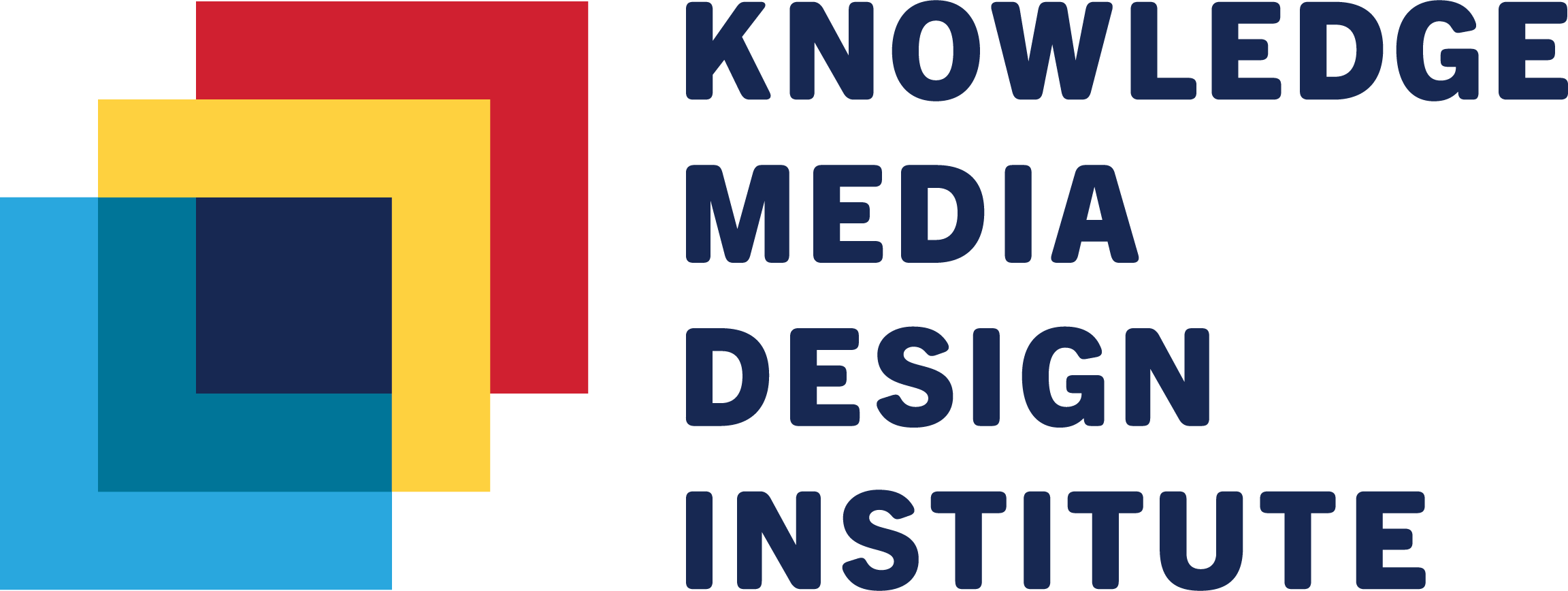“In order to have the voices of marginalized groups in our computing systems, we need to make sure that they have easy and equal access to computing, they have the necessary autonomy and freedom to express their rightful concern and their voice is not supressed by imposing a foreign standard of ethics”
Local ethics, beliefs, and practices are rarely considered in the design of new technologies, even when these technologies are created for local communities. This lack of consideration results in the restriction or silencing of individuals whose beliefs do not match those of the technology. For the voices of marginalized groups to exist in computing systems, they need to have equal access to computing, autonomy to express themselves, and freedom from the imposition of foreign ethics. Using case studies on a variety of topics, from witchcraft to traditional textile practices, this lecture explores the frictions between technologies based on western ethics and notions of intelligence with the beliefs, customs, and practices of people in rural Bangladeshi communities. Such frictions are created by the lack of consideration for ecology, identity, and hope in the design of computing systems. Traditional Bangladeshi communities often search for holistic or communal approaches to solving individual problems and seek to integrate these ideas with Western rationality. Additionally, traditional data visualization practices focus on identity and personal connections to the data rather than attempt to abstract the information. Finally, these communities avoid models which claim to prediction the future using information from the past, preferring to place greater emphasis on hope and the ethical considerations of a given situation. Ignoring these specificities of local communities in the design of computing systems reinforces colonial practices and silences voices that would otherwise benefit from such systems.
The Speaker
Syed Ishtiaque Ahmed, Assistant Professor | Computer Science, Department of Computer Science
Related Research
Ahmed, S. I., Jackson, S. J., Ahmed, N., Ferdous, H. S., Rifat, Md. R., Rizvi, A. S. M., Ahmed, S., & Mansur, R. S. (2014). Protibadi: A platform for fighting sexual harassment in urban Bangladesh. Proceedings of the SIGCHI Conference on Human Factors in Computing Systems, 2695–2704. https://doi.org/10.1145/2556288.2557376
Richardson, D., Cumbo, B. J., Bartindale, T., Varghese, D., Saha, M., Saha, P., Ahmed, S. I., Oliver, G. C., & Olivier, P. (2022). Critically Engaging with Embedded Values through Constrained Technology Design. Designing Interactive Systems Conference, 643–653. https://doi.org/10.1145/3532106.3533570
Sultana, S., & Ahmed, S. I. (2019). Witchcraft and HCI: Morality, Modernity, and Postcolonial Computing in Rural Bangladesh. Proceedings of the 2019 CHI Conference on Human Factors in Computing Systems, 1–15. https://doi.org/10.1145/3290605.3300586
Sultana, S., Ahmed, S. I., & Rzeszotarski, J. M. (2021). Seeing in Context: Traditional Visual Communication Practices in Rural Bangladesh. Proceedings of the ACM on Human-Computer Interaction, 4(CSCW3), 1–31. https://doi.org/10.1145/3432913
Sultana, S., Mozumder, Md. M. H., & Ahmed, S. I. (2021). Chasing Luck: Data-driven Prediction, Faith, Hunch, and Cultural Norms in Rural Betting Practices. Proceedings of the 2021 CHI Conference on Human Factors in Computing Systems, 1–17. https://doi.org/10.1145/3411764.3445047
